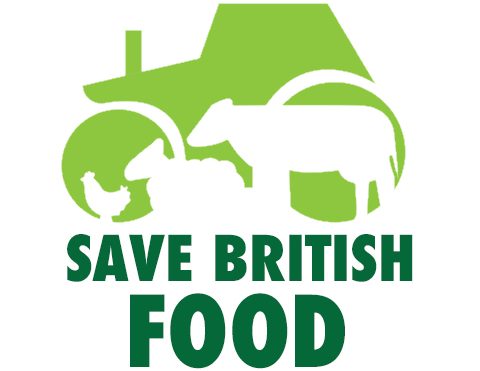Response to National Food Strategy Responding to the launch of the National Food Strategy, Liz Webster, Chair of Save British Farming (SBF) said: “As the Beeching Report laid the ground for the destruction of our public funded railways, Henry Dimbleby has been tasked with writing a report which builds justification for the end of […]
Author: annadamski
The Big Lie
The Big Lie – or ‘it’s all about sovereignty, stupid!’ By Anna Damski In the lead-up to Brexit, the Vote Leave campaign, and specifically George Eustice – now the DEFRA Minister – promised that farming would thrive if the UK left the EU. In a new sovereign Britain no longer beholden to the EU, our […]
Save British Farming Reboot
After 7 months in covid hybernation, SBF is back! As the second covid wave hit the UK last Autumn, Save British Farming was forced to suspend campaign activities. We did everything we could to lobby for the inclusion of food, animal welfare and environmental standards in the Agriculture Bill, as promised in the Tory Party […]
Melton Mowbray Tractor Demo
Pie town Melton Mowbray gets our tractor treatment! Tractor route around Melton Mowbray, meeting at the cattle market at 10:30am Melton Mowbray, the Leicestershire market town famous for its pork pies and Stilton cheese is set to be the latest location of a SBF tractor demo. We continue to protest the failure of the government […]
Marlborough Demo
Marlborough Demo – Mama Knows Best! Angry Wiltshire farmers headed to Marlborough to protest the government’s failure to include food standards in the Agriculture Bill. Local MP, Danny Kruger, was one of a majority of Conservative MPs to vote against an amendment that would safeguard UK standards, enshrining them in primary legislation. His mother, Great […]
Agriculture Bill Debrief: Debunking Arguments For Not Enshrining Our Standards In Law Obviously the 95 per cent of us who want to keep our high food standards; the 92 per cent of us who want animal welfare standards maintained in future trade negotiations; the 86 per cent of us who fear food banned here will […]
Westminster Tractor Demo
Our Tractors Return to Westminster! https://youtu.be/Uwbw3GEheq8 On October 12th Save British Farming organised our second Westminster Demo. As tractors and other farm vehicles mustered at New Covent Garden, MPs in the Commons began a debate on Amendment 16 – whether to include standards in the new Agriculture Bill. Our ‘tractorcade’ wended its way along the […]
Swindon Tractor Demo
Our latest Tractor Demo got heads turning in Swindon! Wiltshire farmers mustered at the Swindon County Ground ahead of a tractor demonstration around the Old Town. Local farmers are angry at the government’s failure to include standards in the Agriculture Bill. The ‘tractorcade’ circled the oldest part of the town several times, to the claps […]
Stokesley Tractor Demo
Stokesley Demo a Great Success! https://youtu.be/VXwlngpNUp0 On October 9th, Save British Farming organised another tractor demo in the northeast, this time in Stokesley, North Yorkshire. We had great turnout, even bigger than Northallerton and far better than expected!🚜🚜🚜 Around 20 tractors, crop sprayers and pickups with trailers joined us. One of our campaign team, Richard […]
MP Letter Rebuttals
MP Letter and Rebuttal Liz Webster shares her MP’s response to our Save British Farming template letter on the Agriculture Bill, UK Farming and food standards. 🚜 Have you sent one to your MP? 🐄 Click here to use our customisable template. All you need is your postcode and our app will do the rest. […]
